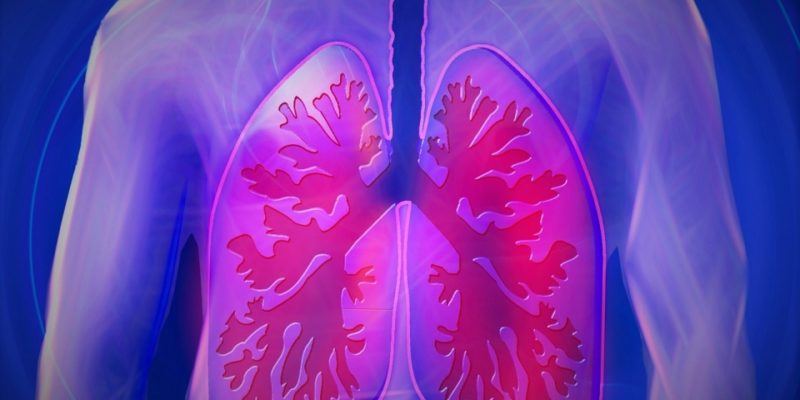We must dial down the antibiotics, global health officials agree.
Heroic lifesavers since their discovery in the 1920s, antibiotics in their overuse have created highly adaptable creatures. These organisms know how to resist our medicine chest, allowing infectious diseases to thrive and kill.
Forward thinkers believe probiotics may be one way out of the mess.
Probiotics have traditionally been explored as therapeutics in gastrointestinal diseases. However new studies are revealing the relationship between respiratory microbiota and lung diseases including colds, pneumonia and others.
A few key findings as related in this excellent overview in the Journal of Bacteriology and Virology follow:
- “core respiratory tract microbiota” may exist.
- respiratory tract microbiota is largely composed of Pseudomonas, Streptococcus, and others
- this “core” may differ across ethnic groups, environments and diets.
- healthy people have vastly more numbers of Bacteroidetes and Firmicutes in their respiratory tracts than ill ones.
As you know, probiotics can fight against infection by competing against these infections. They are thought to do this by reinforcement of epithelial barrier functions (defense IS sometimes the best offense) and by charging up the immune system.
The question: Should we swap out antibiotics and feed those unfortunates with pneumonia a good stream of probiotics?
Not so fast, say researchers. Airway microbiota response is not yet clear as studies show differences in strains, hosts and results. Studies testing probiotic use in respiratory ailments are hard to compare, conclude researchers in the above review from South Korea. Treatment with probiotics is under investigation.
Thus we arrive once again that prevention—just one ounce as wiser people have noted—is worth a pound of cure. Always.
Prevention, as opposed to treatment, is far easier, cheaper and less fraught with danger. Once a man or woman is in the ICU with unremitting pneumonia, dysbiosis and its far-reaching effects complicate the treatment.
One thing prevention lacks is dramatic results. How to scientifically measure what does NOT happen is a problem plaguing prevention studies and funding. Big cohort surveys such as the Nurses’ Health Studies at Harvard provide excellent epidemiological data from over long periods of time. Future generations will benefit.
Every day, we learn more as better techniques and evidence build on our knowledge of the microbiome in respiratory sickness and health. We can all breathe easier for that.

